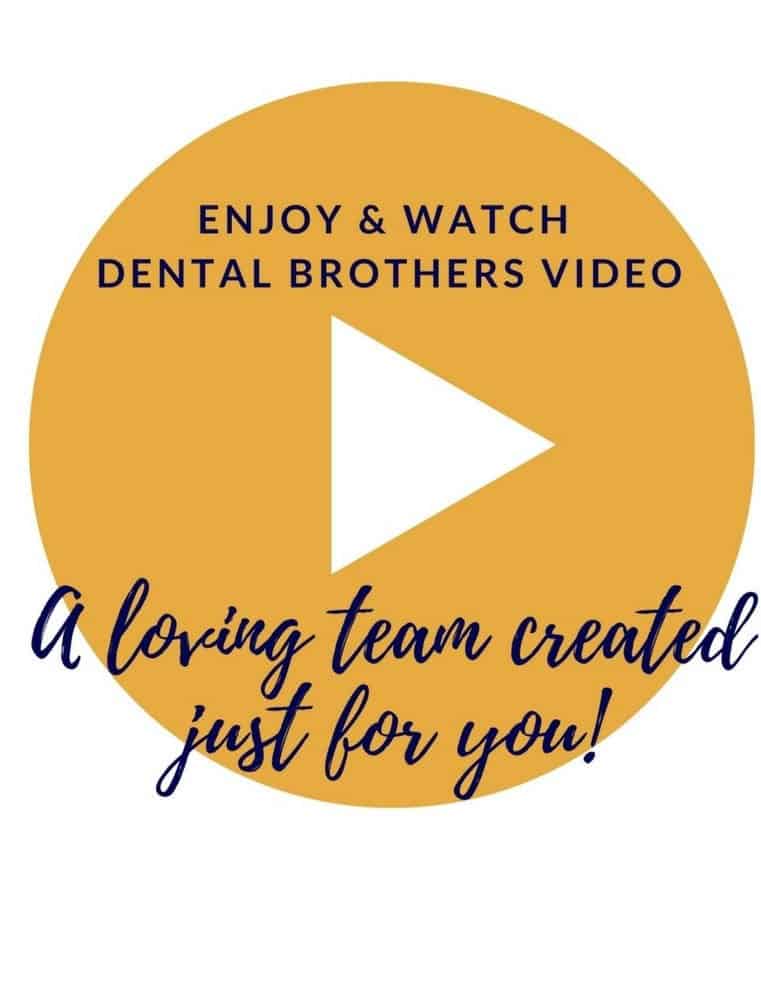Understanding Your Fear of Drills, Needles, and Dental Procedures

Going to the dentist can be can be extremely difficult when you’re afraid of drills, needles and dental procedures. Dental anxieties and fears impact your health. Here’s what you need to know about why these fears are so critical and what you can do about them.
Table of Contents
What Are the Symptoms of Dental Fears?
There are many different symptoms associated with dental fears. They vary from person to person. Some people are simply nervous or anxious when they think about drills or needles. They may have a knot in their stomach, chew their fingernails, play with their hair or fidget. More serious symptoms associated with dental fears include trouble breathing, becoming extremely nervous, the inability to sit still, or even having nightmares.
What Can Trigger Your Dental Fears?

Why Do People Have Dental Fears?
There are many reasons why people have a fear of drills, needles, or dental procedures. The biggest reason is fear of the unknown. You may have never had a tooth drilled. But when you need to, you may be scared simply because you don’t know what to expect. You may be afraid because of what someone else has told you. For example, you’ve heard that root canals are painful and you fear the pain. Past experiences also trigger fears. Perhaps you had a mean dentist when you were a child or a painful dental experience.
What Impact Do Dental Fears Have on Your Dental Health?

Having a fear of drills and needles can cause you to put off visiting a dentist when you’re in pain, for fear that a dental procedure may be needed. If a dentist discovers a cavity, you may put off having the cavity filled, because you don’t want the area drilled. And if you need a root canal, you may be scared, as there are many dental tools used. Some of the tools include a drill, a bur, an excavator and files.
Putting off dental treatment due to your fears can lead to more problems in the future. A cavity can worsen, and eventually lead to a root canal being needed or the loss of your tooth. Failing to get a root canal when it is needed to lead to an infection, or abscess, severe dental pain and the possible loss of a tooth.
How Can You Overcome Your Dental Fears?
If afraid of drills, needles or dental procedures, the best way to deal with them is to talk to your dentist. Being afraid is a common problem, and one that dentists are very familiar with. We can work with you to determine what’s causing it and how to best overcome it. In some cases, it may be as simple as explaining a dental procedure to you so you know what to expect. In other cases, working on your anxiety may help you overcome your dental fears. Lastly, sedation dentistry may be needed for severe cases. Sedating you can help you to relax and get through the dental technique that you need to overcome.
Conclusion
Are you afraid of going to the dentist? Here at Dental Brothers, we can help you overcome your fears, worries and anxieties. We offer sedation dentistry in Phoenix to help alleviate the worry for patients who are fearful and anxious. Contact us today to schedule your appointment.

